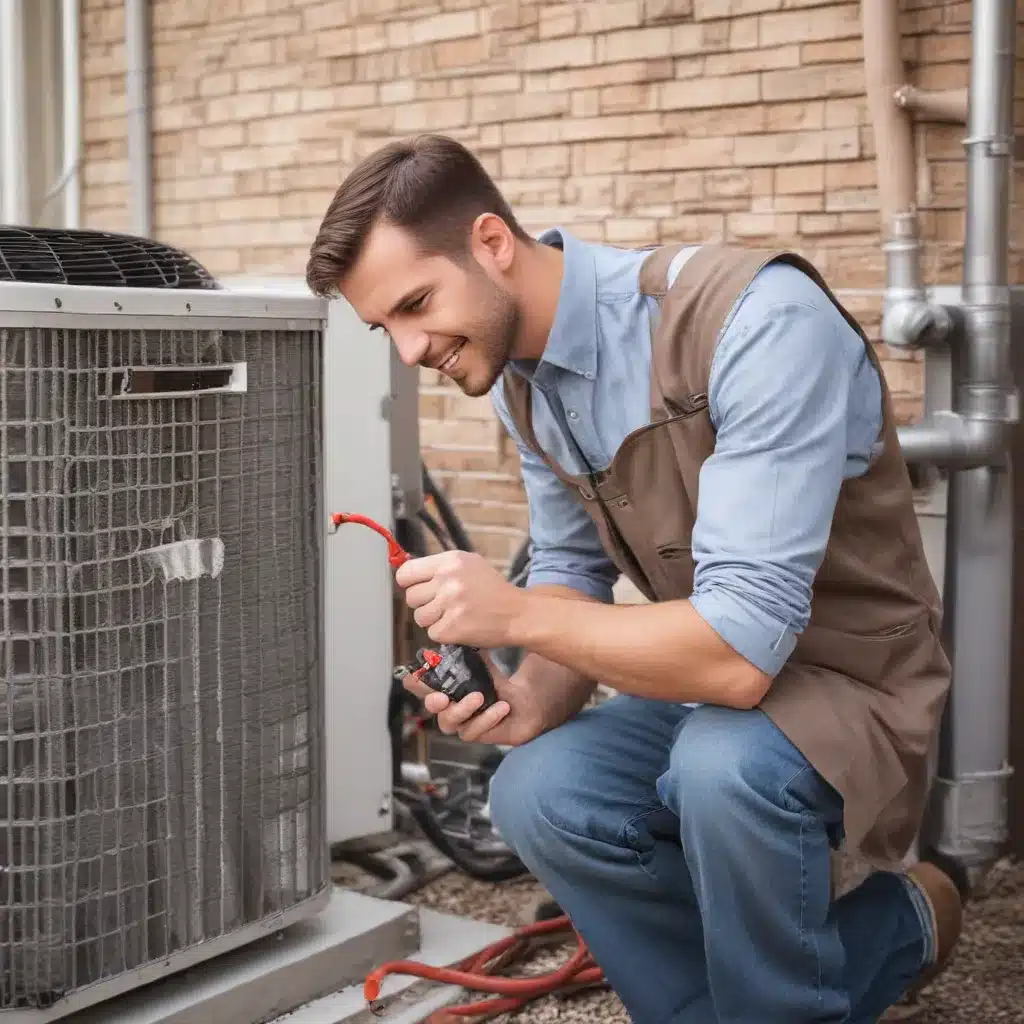
The Importance of Regular HVAC Maintenance
Investing in a new HVAC system is a significant expense for most homeowners. As your unit ages, you may wonder how long HVAC systems typically last and when it’s time to replace them. While general guidelines exist, the lifespan of your system ultimately depends on its usage patterns and the quality of maintenance it receives.
Age is just one factor in the decision to replace your HVAC unit. The repair costs, energy efficiency, and overall performance are crucial considerations as well. To help you get the most out of your heating and cooling system, let’s dive into the details of HVAC lifespan and explore practical tips to extend its useful life.
Understanding HVAC Lifespan Ranges
On average, HVAC systems have a lifespan of 15 to 20 years. However, this is merely a general guideline, as the actual longevity of your system can vary significantly based on several factors:
- System Type: A furnace-only unit will perform differently from a heat pump that handles both heating and cooling.
- Usage Patterns: Heavily used systems that run almost constantly will wear out faster than those used more moderately.
- Maintenance Quality: Well-maintained systems with regular tune-ups and cleaning can last much longer than neglected units.
- Brand and Quality: Some HVAC manufacturers produce more reliable, higher-quality equipment than others.
As a rule of thumb, consider the following lifespan ranges for common HVAC components:
- Furnaces: 15 to 20 years
- Central Air Conditioners: 10 to 15 years
- Heat Pumps: 10 to 15 years
If your system is nearing the higher end of these ranges, it may be time to start planning for a replacement. However, with proactive maintenance, you can often extend your HVAC’s useful life well beyond the average.
Extending the Life of Your HVAC System
The single most important factor in prolonging your HVAC system’s lifespan is regular maintenance. By performing simple, cost-effective tasks, you can maximize the efficiency and longevity of your heating and cooling equipment. Here are some key maintenance tips to consider:
Clean or Replace Air Filters Regularly
Clogged air filters force your HVAC system to work harder, reducing its efficiency and lifespan. Replacing disposable filters every 1 to 3 months, or cleaning reusable filters as recommended, is an easy and inexpensive way to keep your system running smoothly.
Improve Home Insulation
The less your HVAC system has to run, the longer it will last. Upgrading your home’s insulation helps your system maintain the desired temperature with less effort, reducing wear and tear on the components.
Schedule Professional Tune-Ups
Annual tune-ups by a qualified HVAC technician are essential for identifying and addressing minor issues before they turn into costly repairs. These services typically include cleaning, lubricating, and calibrating system components to optimize performance.
Keep Ductwork Clean
Dirt, debris, and dust buildup in your home’s ductwork can impair airflow and force your HVAC system to work harder. Regular duct cleaning, approximately every 5 years, can improve efficiency and indoor air quality.
Utilize Smart Thermostats
Smart thermostats offer advanced programming capabilities and remote access, allowing you to better control your home’s temperature and humidity. This helps reduce unnecessary HVAC run times, which can extend the system’s lifespan.
Protect the Outdoor Unit
Your HVAC’s outdoor condenser unit is susceptible to damage from severe weather, falling branches, and other environmental factors. Regularly inspect the unit and clear away any obstructions or debris to ensure proper airflow and cooling.
By implementing these maintenance best practices, you can maximize the efficiency and longevity of your HVAC system, potentially adding years to its useful life. Regular tune-ups and proactive care are key to getting the most out of your heating and cooling investment.
When It’s Time to Replace Your HVAC System
Even with diligent maintenance, HVAC systems won’t last forever. At some point, the cost of repairs and the system’s overall efficiency may warrant a replacement. Here are a few signs it might be time to consider upgrading your heating and cooling equipment:
- Age: If your system is over 15 years old and requires frequent, costly repairs, it may be more cost-effective to replace it with a newer, more energy-efficient model.
- Repair Costs: When the annual repair costs start to exceed $500 or more, it’s generally a sign that replacement should be considered.
- Energy Efficiency: Older HVAC systems are often less energy-efficient than modern, high-efficiency models. Upgrading can lead to significant long-term savings on your utility bills.
- Indoor Air Quality: If your home has ongoing issues with dust, humidity, or poor air circulation, an outdated HVAC system may be the culprit, warranting a replacement.
When the time comes to replace your HVAC system, be sure to consult with a reputable DD Plumbing and Heating professional. They can help you select the right system for your home, taking into account factors such as size, efficiency, and compatibility with your existing ductwork or infrastructure.
Conclusion
Maintaining your HVAC system is essential for ensuring its longevity and keeping your home comfortable year-round. By following best practices like changing air filters, upgrading insulation, and scheduling professional tune-ups, you can extend the life of your heating and cooling equipment and avoid costly breakdowns.
Remember, your HVAC system is a significant investment, and taking proactive steps to care for it can pay dividends in the long run. If your system is approaching the end of its lifespan, consult the experts at DD Plumbing and Heating to explore your replacement options and ensure your home stays comfortable for years to come.


